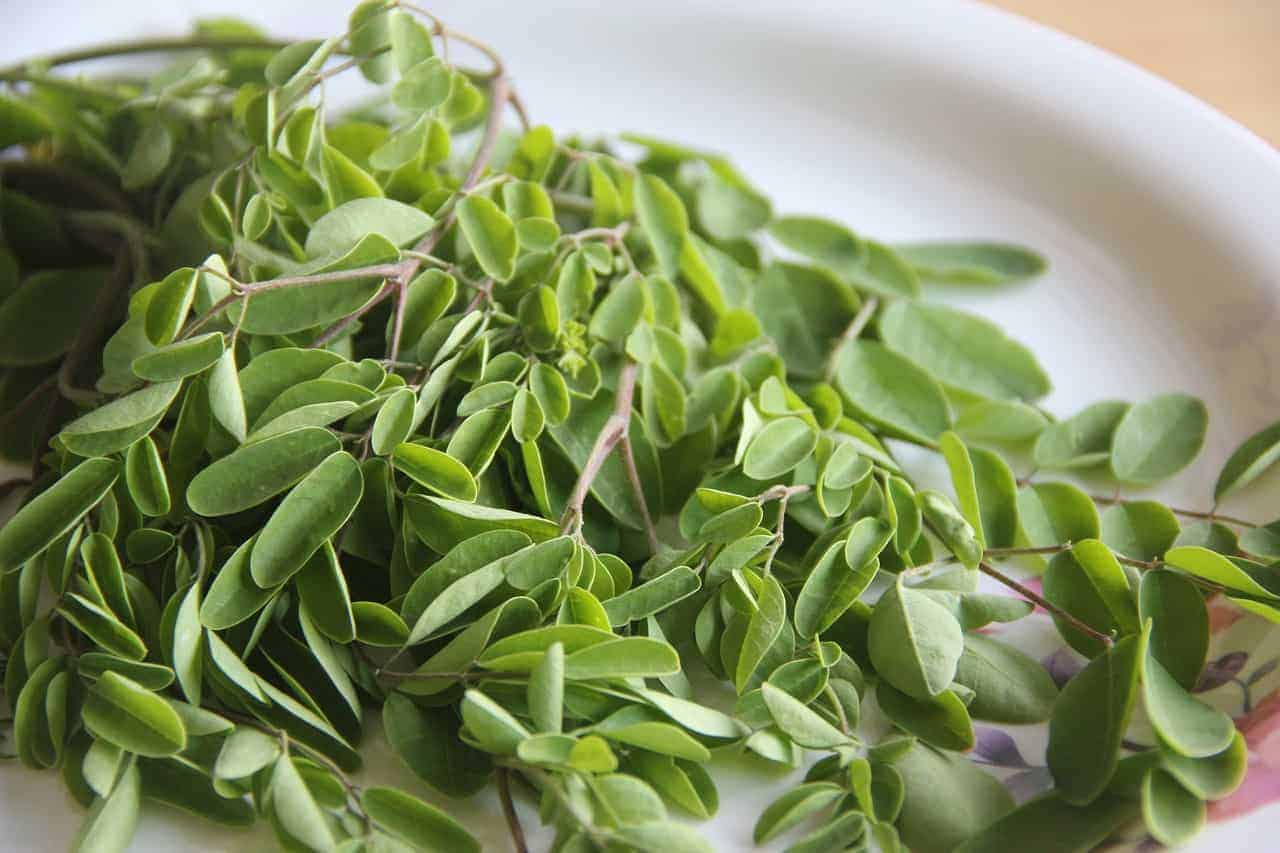Here’s a wonderful addition to the tropical home garden. I’m referring to Moringa (Moringa oleifera ), which is a native tree of Southern Asia, but is now found around the world in tropical regions. It’s good to see that over the years, more and more people have begun to grow and harvest the benefits of this hardy tree.
Moringa has small, rounded leaves that are packed with an incredible amount of nutrition: protein, calcium, beta carotene, vitamin C, and potassium, just to mention a few. It’s also been used as a traditional folk remedy for centuries to aid in the treatment of hundreds of aliments.
Moringa is one of the most nutritious supplements available and can be harvested year-round. One hundred grams of dry moringa leaf contains nine times the protein of a the same quantity of yogurt, 10 times the vitamin A of carrots, 15 times the potassium of bananas, 17 times the calcium of milk, 12 times the vitamin C of oranges, 25 times the iron of spinach. The Asian Pacific Journal of Cancer Preventio, has attributed antioxidant activity to the plant; it has been shown to be effective against blood sugar spikes, inflammation, and even cholesterol and toxins. The seeds are used to purify water, too.
You can use the fresh leaves in your meals; they have a flavor similar to a radish, and go well with salads, blended into smoothies, or steamed like spinach. Another option is to add moringa powder to smoothies, soups and other foods, or in capsules. Moringa powder has a distinctive flavor, so you may want to start out slowly when adding it to your meals.
As you can see, we have a superstar of the plant kingdom here, and it even gets better. These hardy trees can thrive on our tropical red clay soils and dry conditions. In fact, you have to be careful not to overfertilize these trees! Ticos have caught wind of the incredible benefits of this tree, and it’s now common to find moringa seedling trees sold at nurseries and farmer’s markets around the country.
If there’s one tree I’d recommend to plant, it would be the mighty moringa. What with our continuing desertification of much of Latin America, moringa can play an important role in regenerating the region.
Read more of Ed Bernhardt’s monthly Home Gardening columns here.
For more information on tropical gardening – naturally – and upcoming Sunday workshops, visit Ed’s website or contact him at thenewdawncenter@gmail.com.
This article first appeared in 2017






